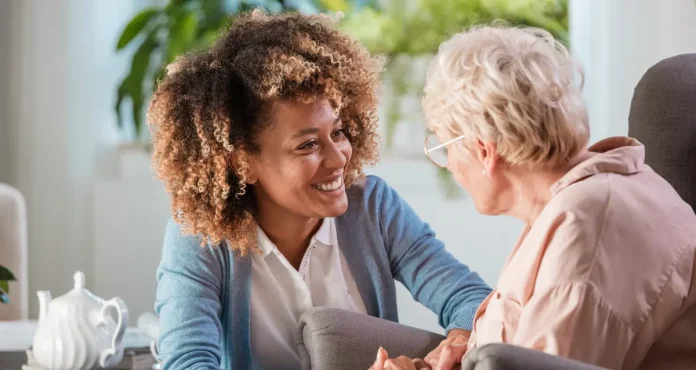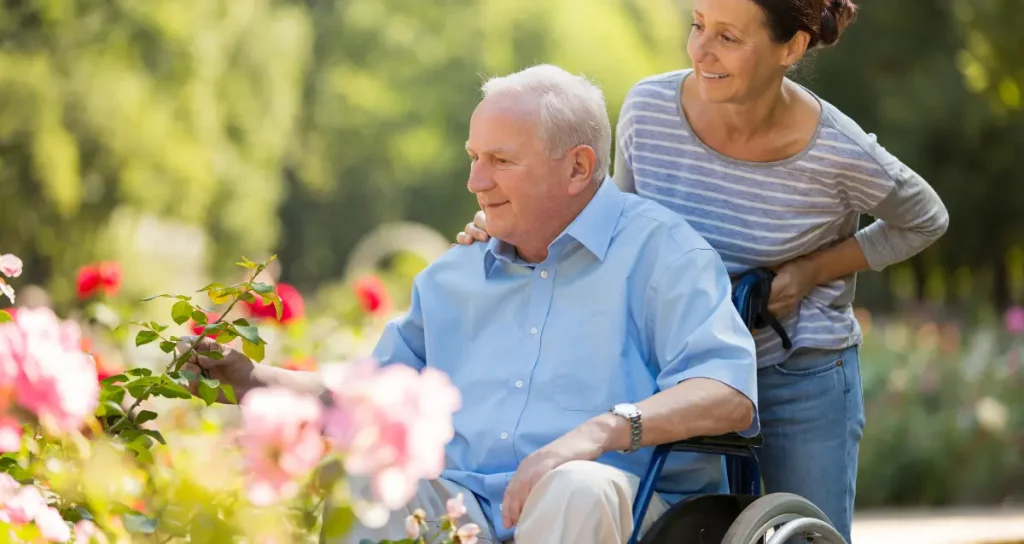
Did you know that about 73 million people in the United States will be 65 years or older by 2030?
As the population continues to age, it has become important to have qualified and dedicated caregivers. Private duty caregivers play a vital role in providing home health care to the elderly. These compassionate professionals play a vital role in improving the quality of life for seniors.
In this article, we will take a closer look at the responsibilities of these professionals. Keep reading to learn more.
Personal Care
Many seniors may need help with these tasks due to physical limitations or health conditions. A caregiver is trained to provide this type of support. This includes helping with daily activities such as bathing, dressing, and grooming.
Aside from physical assistance, these elderly sitters also provide companionship and emotional support. This can help alleviate feelings of loneliness and improve their mental well-being.
Medication Management
One of the most important responsibilities is to help seniors manage their medication. This includes reminding them to take their prescribed medication at the correct time. They ensure they are taking the correct dosage.
They also keep track of any side effects and communicate them to the healthcare team. This is crucial in preventing medication errors. This ensures seniors are receiving the proper care.
Meal Preparation
Another responsibility is preparing meals for their clients. They take into account any special dietary restrictions or preferences.
They ensure that they are receiving nutritious meals that meet their specific needs. This can be helpful for seniors who may have difficulty cooking for themselves.
Mobility Assistance
An elderly sitter is also trained to assist with mobility. They can help seniors move around safely and comfortably with the use of mobility aids if needed. This ensures that seniors can maintain their independence and reduces the risk of falls or injuries.
They may also accompany seniors to appointments or outings. This can be helpful for those who may have difficulty getting around on their own.

Household Tasks
Seniors may have difficulty managing household tasks such as laundry, cleaning, and grocery shopping. A caregiver can help with these tasks to ensure a safe and comfortable living environment for their clients. This allows seniors to focus on their well-being and enjoy their golden years without the added stress of daily chores.
Emergency Response
In case of emergencies, caregivers are often the first responders. They’re trained in basic first aid and emergency procedures such as CPR. Quick and timely responses can make a significant difference in emergencies.
Having a trained caregiver adds a layer of safety and reassurance. This also gives peace of mind to family members who may not be able to be there all the time.
You might also want to check out the comfortable senior living community here. They provide personalized care for seniors who require assistance with daily activities.
The Importance of a Private Duty Caregiver
A private duty caregiver plays a crucial role in home health care for seniors. These dedicated professionals make it possible for seniors to age comfortably and safely.
Their dedication and compassion make life easier for both the elderly and their families. As the senior population continues to grow, the demand for these professionals will only increase. They truly are unsung heroes in the field of home health care.
If you enjoyed this article, check out more articles on our blog.
FURTHER READING









